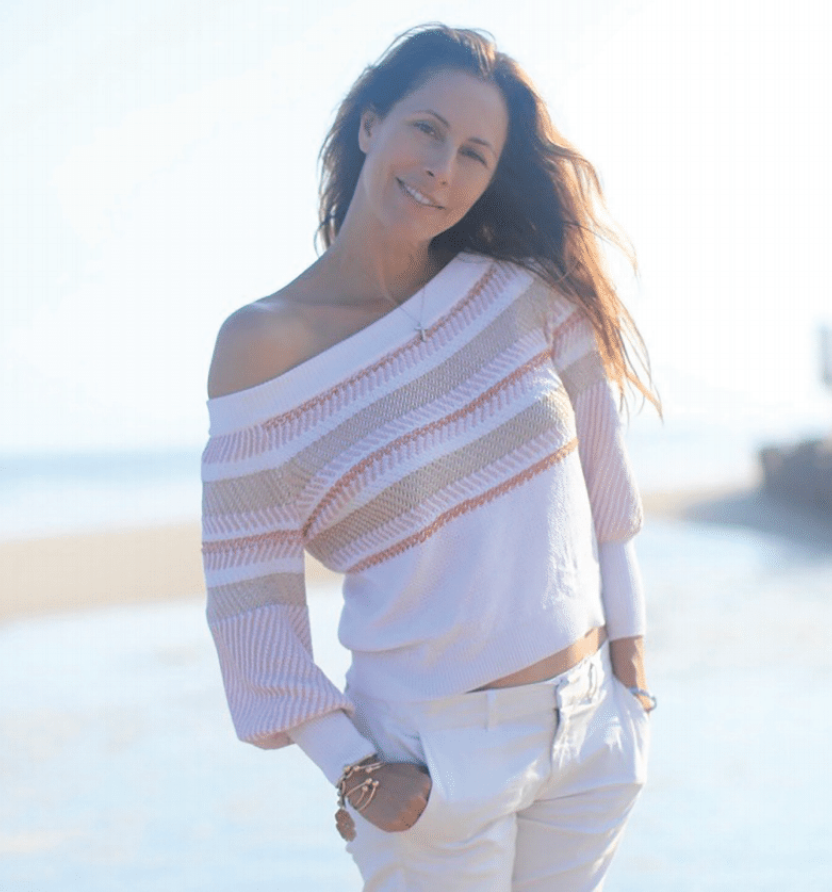
What is wellness really about? What you eat? How you live? Really, it is about truth. We read, we ask, we try and we we fail, and taken together, we develop an understanding of what works for our body-mind-spirit connection…and that is the path of wellness.
And yet the truth can be a tricky pursuit, especially when one is not really motivated to find it. Look at what is raging around us; this reductive debate in our society about what is real versus fake. Fact versus fiction. That all seems to be more about hiding than finding, doesn’t it? Luckily, we are on a different path here, but it is potentially as tricky. Why? Well, what do you do once you have the facts, once you know what is right and wrong and what makes sense? How you apply what you know: That is your truth. And that is the key to wellness. If you live what you know to be true—in all ways big and small—you are better for it. That’s the only difference between those we elevate as gurus and ourselves: how much of the truth we decide to live.
After all, sometimes it is easier to ignore or avoid what we know—ignorance can be bliss for some.
It didn’t all connect for me until I read Ndaba Mandela’s Going to the Mountain—Life Lessons From My Grandfather by Nelson Mandela. In this book, which you can get a glimpse of in PURE LOVE on the last page of this issue, Ndaba writes about the strength his grandfather taught him and the voice of truth he instilled in him, through example: “While my grandfather was at Robben Island, he wrote to the Commissioner of Prisons, ‘I have never regarded any man as my superior either in my life outside or inside prison.’” Ndaba distills his wisdom: “Your resolve—your truth—that is the voice that roars within you.”
As we search for our own voices, Purist is designed to help with it all. Another way we at Purist try to stimulate this quest for understanding is by bringing together great minds to share their empowering knowledge. That’s why I created Connect 4—our Purist talks festival at Bay Street Theater on August 16 and 17, where thought leaders deliver a panoply of ideas. This summer, our second year, we tackle tough topics like the tireless work of the Innocence Project, the success of Transcendental Meditation in stressor-heavy populations, and Mandela’s notion that “to be free is to live in a way that respects and enhances the freedom of others” by looking at America’s resettlement program through the eyes of refugees.
Together we can find the facts of how to motivate our wellness journey.






